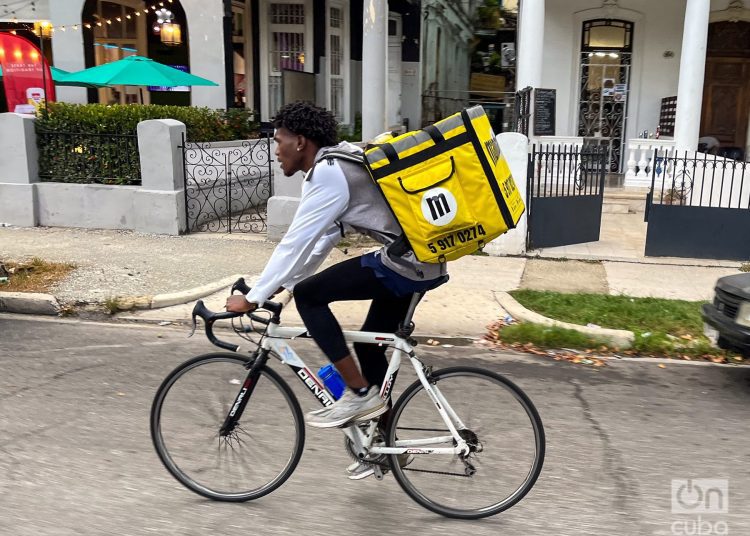The Biden administration will provide “greater financial support” from the United States to the Cuban private sector, a measure that seeks to ease restrictions on the island, according to Bloomberg.
This is, the media points out, a step to try to help private ventures that are struggling to survive in the island’s battered economy.
A person close to the subject, who spoke on condition of anonymity, assured that the official announcement could be made known during this week, accompanied by regulatory changes aimed at strengthening private enterprise in Cuba.
The measures are expected to be implemented “imminently” by several agencies, including the State Department, Bloomberg specifies.
With these steps, Cuban entrepreneurs will probably have access to the U.S. banking system, which, in the opinion of Miami-based lawyer Pedro Freyre, “will make life easier for MSMEs.”
Quoted by Bloomberg, Ricardo Herrero, executive director of the Cuba Study Group, also believes that a package of political adjustments is imminent, including greater clarity on what level of loans will be allowed.
The measures, he said, “will detail how Cuban entrepreneurs can open bank accounts in the United States and then access those bank accounts from within Cuba.” According to Herrero, “that in itself changes the game.”
A State Department official revealed, without confirming that there was a pending announcement, that the Biden administration sees entrepreneurs as Cuba’s best hope to grow its economy and stop the departure of immigrants.
“There are no indications that more radical changes are imminent,” the article notes, in reference to the Cuban government’s expectations that Biden would quickly reverse the “maximum pressure” policy applied by Donald Trump.
The text points out that Democrats are afraid of doing anything that could alienate Cuban-American voters in Florida before the 2024 elections.
Last week both countries held high-level talks on a series of issues on the common agenda, although they failed to make progress on the biggest disputes, Deputy Foreign Minister Carlos Fernández de Cossío told Reuters.
The main concerns of the Cuban delegation point to Cuba’s permanence on the list of state sponsors of terrorism and the continuation of the embargo/blockade by the Biden administration.
The talks addressed immigration issues and cooperation in law enforcement, health, science and technology. Referring to these issues, Fernández de Cossío told Reuters that “we welcome them, but they are not the defining factor, the primary issue.”










